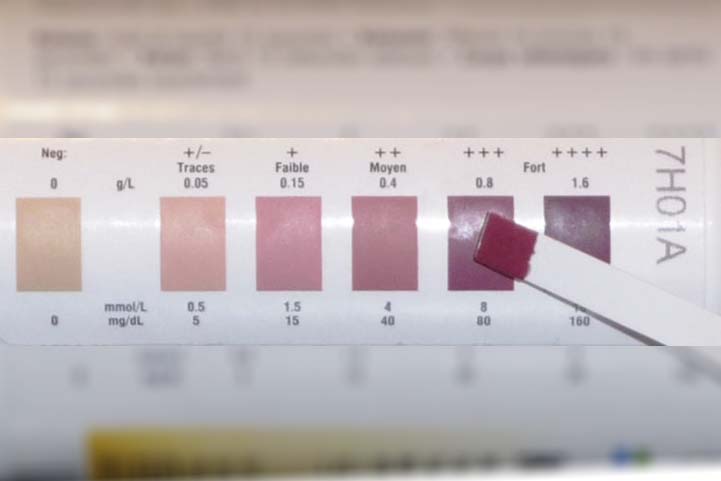LukeV
Level 7 Valued Member
My diet has improved while my beer consumption increased in lockdown. I am eating clean home-cooked meals on an anti-inflammatory bent so avoiding sugar and processed grains and moderating consumption of starchy vegetables. I am eating some banana, whole grain rice and potato. I know I am consuming around 80 grams daily of carbs from beer. And I estimate around 40 grams of carbs from other sources.
I was worried about putting on weight from the beer and I had an unused container of Phase 2 carb blockers in the cupboard. Carb blockers use a white bean extract to block the digestion of some dietary carbs - they claimed weight loss benefits years ago but I don't think evidentially the claims ever stacked up. Anyway I had nothing to lose and time on my hands so I am taking 1.5g of Phase 2 (three pills) before my evening meal, which is when I eat most carbs and start drinking beer.
After six days I felt like I was entering ketosis, and this was subsequently confirmed when I went out and bought some Ketostix. I am testing positive for ketosis every day - not always first thing in the morning, some times later after exercise.
I've followed ketogenic dieting many times and know reliably how much daily carbohydrate gets me and keeps me there. My current diet is far too high in carbs to explain the ketosis except for the action of the carb blocker. I am wondering whether the white bean extract has a greater blocking effect where the carbs are liquid like beer. Interesting outcome so I thought I would pass it on.
I was worried about putting on weight from the beer and I had an unused container of Phase 2 carb blockers in the cupboard. Carb blockers use a white bean extract to block the digestion of some dietary carbs - they claimed weight loss benefits years ago but I don't think evidentially the claims ever stacked up. Anyway I had nothing to lose and time on my hands so I am taking 1.5g of Phase 2 (three pills) before my evening meal, which is when I eat most carbs and start drinking beer.
After six days I felt like I was entering ketosis, and this was subsequently confirmed when I went out and bought some Ketostix. I am testing positive for ketosis every day - not always first thing in the morning, some times later after exercise.
I've followed ketogenic dieting many times and know reliably how much daily carbohydrate gets me and keeps me there. My current diet is far too high in carbs to explain the ketosis except for the action of the carb blocker. I am wondering whether the white bean extract has a greater blocking effect where the carbs are liquid like beer. Interesting outcome so I thought I would pass it on.
Last edited:

